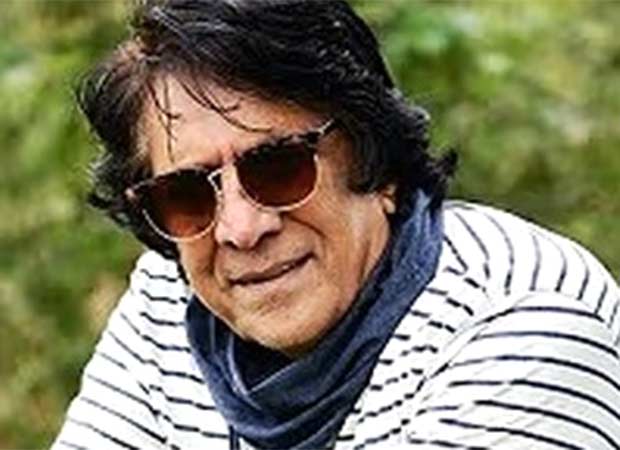“The ruler who called himself Alamgir fought Marathas till he was alive and died a defeated man in Maharashtra. His (Aurangzeb’s) samadhi (tomb) is located on its soil,” Union Home Minister Amit Shah said while marking the 345th death anniversary of Chhatrapati Shivaji Maharaj with a visit to Raigad Fort, Maharashtra, on Saturday.
Paying homage to the Maratha warrior king, Amit Shah highlighted Shivaji’s ideals of swadharm (self-faith) and swarajya (self-rule), which continue to inspire India’s aspirations as it approaches its centenary of independence in 2047.
Aurangzeb’s Defeat and Shivaji’s Vision
In his address, Shah underscored Shivaji Maharaj’s triumph over Mughal rule, stating that Aurangzeb, who styled himself as Alamgir, fought against the Marathas throughout his life but ultimately died a defeated man in Maharashtra. Aurangzeb’s tomb remains in Khuldabad.
Amit Shah urged the people of Maharashtra to ensure that Shivaji Maharaj’s legacy transcends regional boundaries, describing him as a unifying figure whose courage and strategic brilliance inspire the nation.
Nagpur Violence Over Aurangzeb’s Tomb
On 17 March, 2025 tensions escalated in Nagpur, Maharashtra, over demands by right-wing Hindu groups to remove the tomb of Mughal emperor Aurangzeb.
The unrest began when members of the Vishva Hindu Parishad (VHP) and Bajrang Dal staged a protest, burning an effigy of Aurangzeb and calling for the tomb’s demolition.
The situation worsened after rumors spread that a chadar with Quranic inscriptions was burned during the protest, leading to clashes between Hindu and Muslim groups.
Over 30 people were injured, and more than 105 arrests were made. Authorities imposed a curfew to control the situation.
Shivaji Maharaj’s Ideals and Governance
Amit Shah credited Shivaji Maharaj’s mother, Jijabai, for instilling the values of protecting swadharm and establishing swarajya. He described Raigad Fort, once the capital of the Maratha Empire and home to Shivaji’s samadhi (memorial), as a source of inspiration for future generations rather than merely a tourist spot.
The home minister also emphasised the importance of Shivaji’s teachings on good governance and justice, which remain relevant in modern India.
Political Commitments and Memorial Plans
Accompanied by Maharashtra Chief Minister Devendra Fadnavis, Deputy Chief Ministers Eknath Shinde and Ajit Pawar, and BJP MP Udayanraje Bhosale—descendants of Shivaji Maharaj—Shah reiterated the Narendra Modi government’s dedication to Shivaji’s ideals.
Fadnavis pledged to expedite the construction of Shivaji Maharaj’s memorial in the Arabian Sea, despite delays due to environmental concerns. He also supported Bhosale’s demand for a national memorial in Delhi and promised discussions with Shah on this matter.
Legal Protections for Shivaji Maharaj’s Legacy
Bhosale proposed enacting stricter laws against insults to Shivaji Maharaj, suggesting a non-bailable offence with a 10-year jail term for such acts. He also called for a censor board to ensure historical accuracy in cinematic portrayals of the Maratha king.
Shah’s visit comes amidst ongoing disputes over guardian minister appointments in Raigad district between coalition partners Shiv Sena and NCP. Following his tribute at Raigad Fort, Shah attended a luncheon hosted by NCP MP Sunil Tatkare at Sutarwadi in Roha taluka. However, Tatkare clarified that political discussions were not part of the agenda.






